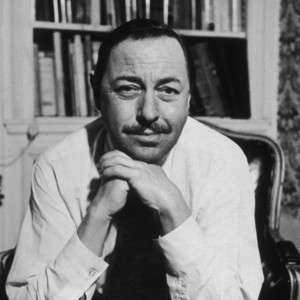 November 26, 1909 – March 28, 1994
November 26, 1909 – March 28, 1994
There are absurdist playwrights. Then there is Eugène Ionesco.
Born in Romania, Ionesco spent most of his youth in France. He would alternate between the two countries depending upon whether there was a war or not, but eventually, he settled with is family in Paris. Following a transcendental experience in which he found himself awestruck by a crystal clear, sunny day in the idyllic French countryside as a young man, he was taken by how juxtaposed that feeling was to the actual world around him…which he regarded as decaying and monotonous. The moment would have a lasting impression on his life and his art.







